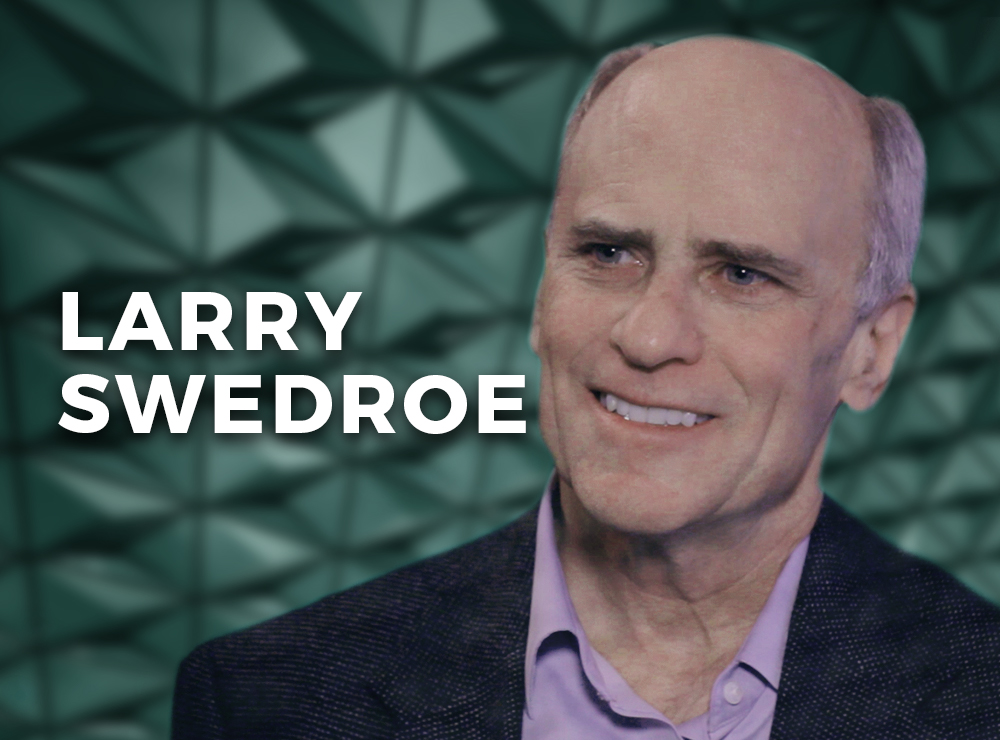
By LARRY SWEDROE
The historical evidence is so overwhelming that even many devotees of active portfolio strategies have conceded that the efficiency of the market for U.S. large-cap stocks is so great that attempting to add value through active management in that asset class is highly unlikely to produce positive results. However, while making that admission, they still cling to the belief that active management is likely to add value in less efficient markets, such as small stocks and emerging markets (the asset class for which the active management argument is made most strongly).
That active management is the winning strategy in so-called inefficient markets is one of the more persistent myths, and one of the great lies, perpetrated on the public by Wall Street and some of the financial media.
As proof, all one has to do is to look at the results of the S&P Dow Jones Mid-Year 2019 SPIVA (active versus passive) Scorecard. For the 15-year period ending June 2019, 90.3 percent of all actively managed small-cap funds and 94.3 percent of actively managed emerging market funds underperformed their benchmark index. That’s even worse than the 87.8 percent of all domestic fund managers who failed to beat their respective benchmarks, and even more than the 89.8 percent of all large-cap domestic fund managers who failed. And those miserable results are even before considering the impact of taxes, which for taxable investors employing active strategies is typically the greatest cost — greater than even fund expense ratios.
The explanation for why active managers in emerging markets and small-cap stocks have done so poorly is that markets that are less informationally efficient are also characterised by lower trading volumes, resulting in less liquidity and greater trading costs. Based on the evidence we have from the “inefficient” small-cap and emerging markets, any advantage gained as a result of informational inefficiencies is more than offset by an increase in trading costs.
Remember, to generate alpha (outperform the appropriate risk-adjusted benchmark), the costs of implementing an active strategy must be small enough that market inefficiencies can be exploited after considering all expenses.
Another explanation for active managers’ poor performance is that perhaps emerging and small-cap markets are not as informationally inefficient as Wall Street wants you to believe.
There’s one last point we need to cover. The reason passive investing wins isn’t because active managers are dumb. As John Bogle points out with his costs matters hypothesis, you don’t need the markets to be efficient for passive investing to be the winning strategy. It’s simple math. It’s the greater costs of active management that are the cause of its underperformance.
Remember this the next time you hear the pitch about active investing being the winner’s game in inefficient markets like small stocks and emerging market stocks.
LARRY SWEDROE is Chief Research Officer at Buckingham Strategic Wealth and the author of 17 books on investing, including Think, Act, and Invest Like Warren Buffett.
If you’re interested in reading more of his work, here are his other most recent articles for TEBI:
Why superstar investors are a dying breed
The investment impact of an ageing population
Factors to consider when choosing an index fund
The simple explanation for value’s underperformance
Are profesional investors prone to behavioural biases?










